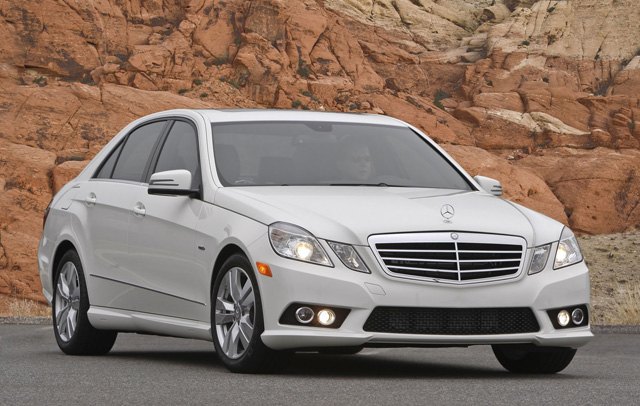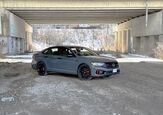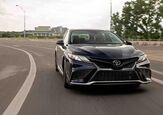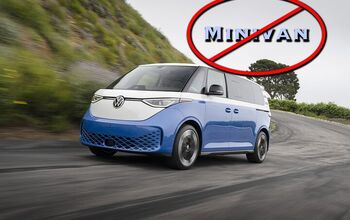US Diesel Sales Surge as Hybrid's Fall in 2011

US diesel sales rose 27.4-percent in 2011 while hybrid sales dropped 2.2-percent, numbers that reflect a changing automotive climate in America and fly in the face of conventional stereotypes about diesel cars.
But thanks to offerings from BMW, Mercedes-Benz and the Volkswagen Group, diesel-powered passenger vehicle sales are on the rise in America. The 2.2-percent decrease in hybrid sales is, however, a little bit misleading, due to the earthquake and tsunami in Japan and the floods in Thailand. Both those natural disasters affected the production and availability of America’s most popular hybrids, including Toyota‘s Prius.
Nonetheless, expectations are high for diesel sales with Baum and Associates stating that sales could more than double from 3-percent of the market today to 6- to 6.5-percent by 2015. J.D. Power & Associates believes the US diesel market share could increase to 7.4-percent by 2017.
To aid in the projections, American and Japanese automakers are also expected to introduce diesel variants of their models in North America including GM’s new Cadillac ATS, as well as the Chevrolet Cruze, Jeep Grand Cherokee and Mazda CX-5.

Jason Siu began his career in automotive journalism in 2003 with Modified Magazine, a property previously held by VerticalScope. As the West Coast Editor, he played a pivotal role while also extending his expertise to Modified Luxury & Exotics and Modified Mustangs. Beyond his editorial work, Jason authored two notable Cartech books. His tenure at AutoGuide.com saw him immersed in the daily news cycle, yet his passion for hands-on evaluation led him to focus on testing and product reviews, offering well-rounded recommendations to AutoGuide readers. Currently, as the Content Director for VerticalScope, Jason spearheads the content strategy for an array of online publications, a role that has him at the helm of ensuring quality and consistency across the board.
More by Jason Siu
































Comments
Join the conversation